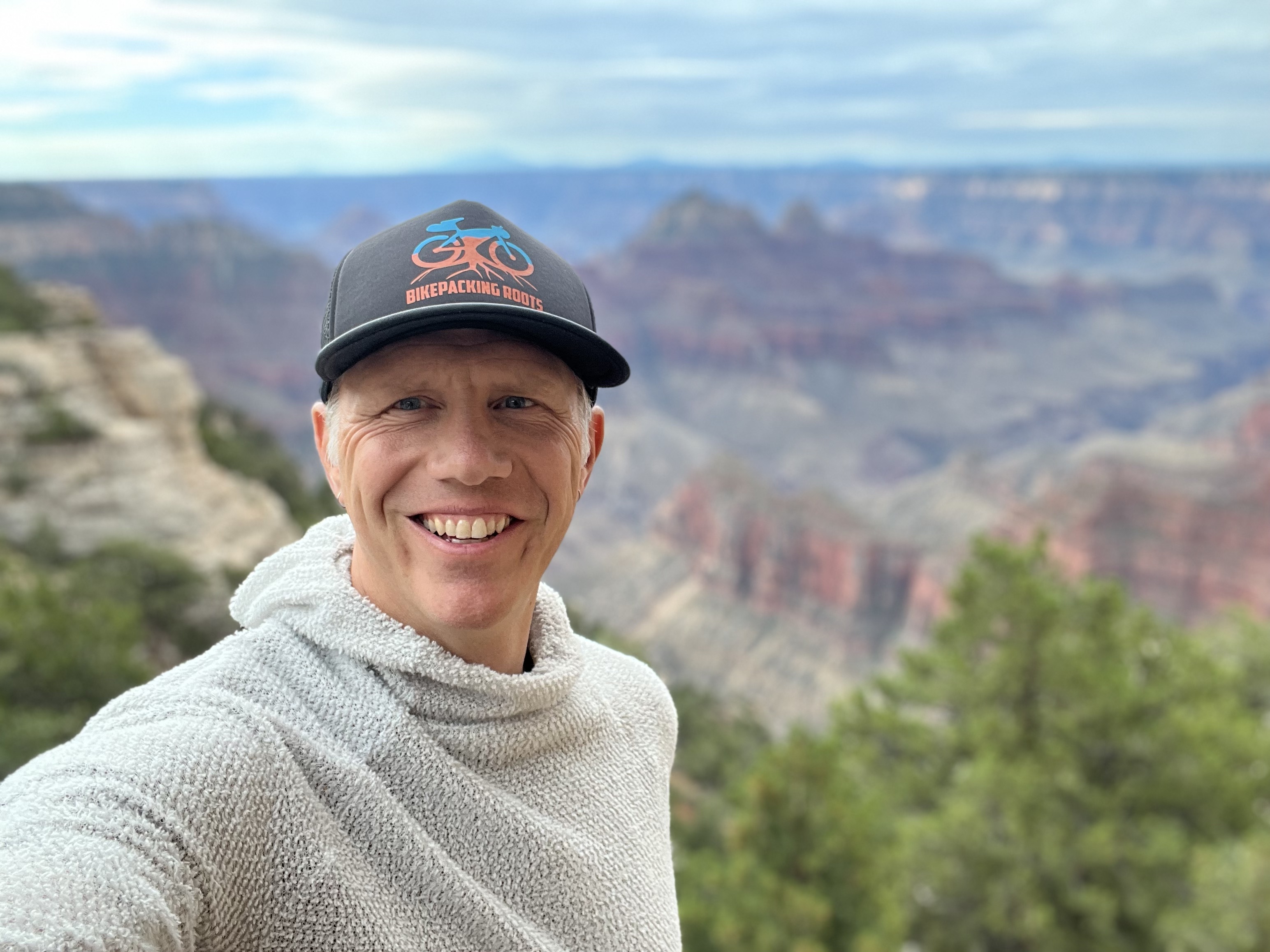Student quotes about IBL
A few weeks ago, Stan Yoshinobu asked me to round up a few student quotes about their experience with inquiry-based learning (IBL). The intention is to use some of the material he gets for pamphlets and flyers for the Academy of Inquiry-Based Learning. I contacted a few of the students from the abstract algebra course that I taught in the fall and here is what they had to say.
I'm a very shy person. Presenting math problems in front of an audience of math students was at first excruciating, but by the end of the course I realized I had gained an enormous amount of confidence. I truly feel that the IBL process has given me access to internal resources I didn't realize I had available.
IBL created an environment for me where I felt comfortable enough to try proofs without the pressure of needing to be 100% right on the first try. So now in later upper division courses I am more comfortable with trying more complex problems, which ultimately lead me to do undergraduate research. And in all honesty, the classroom culture created by the IBL setup is what sold me on pure mathematics and has made me a better independent learner.
IBL helps prepare the student for the real world by teaching them how to create intuition. When you get to the real world or higher level mathematics courses, you will not always have someone there to tell you how to solve the problem.
By far, and without a doubt, inquiry-based learning is the best way to learn mathematics. Most methods for teaching math involve an instructor showing how to "do" various problems often involving computations and formulas, and then the students mimic the process for similar problems. IBL, however, asks the students to use what they know (or assume) to be true in order to create their own ways to solve problems or form logical arguments to validate other ideas. And logical arguments, not computations, not formulas, are the basis of all mathematics. Being able to form logical arguments is not something that can be mimicked, it must be discovered on one's own, which is exactly how IBL works. Hence, when it comes to math, real math, and not just computations, IBL is the way to go.
It would be a crime if I didn’t mention my all-time favorite student quote about IBL that was written on a course evaluation at the end of my introduction to proof course from the spring 2013 semester.
Try, fail, understand, win.
I believe that this last quote perfectly captures the essence of an effective IBL experience for a student. If you want to know about IBL, check out my post, What the Heck is IBL?, over on Math Ed Matters.
Dana C. Ernst
Mathematics & Teaching
Northern Arizona University
Flagstaff, AZ
Website
928.523.6852
Instagram
Strava
GitHub
arXiv
ResearchGate
LinkedIn
Mendeley
Google Scholar
Impact Story
ORCID
About This Site
This website was created using GitHub Pages and Jekyll together with Twitter Bootstrap.
Unless stated otherwise, content on this site is licensed under a Creative Commons Attribution-Share Alike 4.0 International License.
The views expressed on this site are my own and are not necessarily shared by my employer Northern Arizona University.
The source code is on GitHub.
Land Acknowledgement
Flagstaff and NAU sit at the base of the San Francisco Peaks, on homelands sacred to Native Americans throughout the region. The Peaks, which includes Humphreys Peak (12,633 feet), the highest point in Arizona, have religious significance to several Native American tribes. In particular, the Peaks form the Diné (Navajo) sacred mountain of the west, called Dook'o'oosłííd, which means "the summit that never melts". The Hopi name for the Peaks is Nuva'tukya'ovi, which translates to "place-of-snow-on-the-very-top". The land in the area surrounding Flagstaff is the ancestral homeland of the Hopi, Ndee/Nnēē (Western Apache), Yavapai, A:shiwi (Zuni Pueblo), and Diné (Navajo). We honor their past, present, and future generations, who have lived here for millennia and will forever call this place home.
